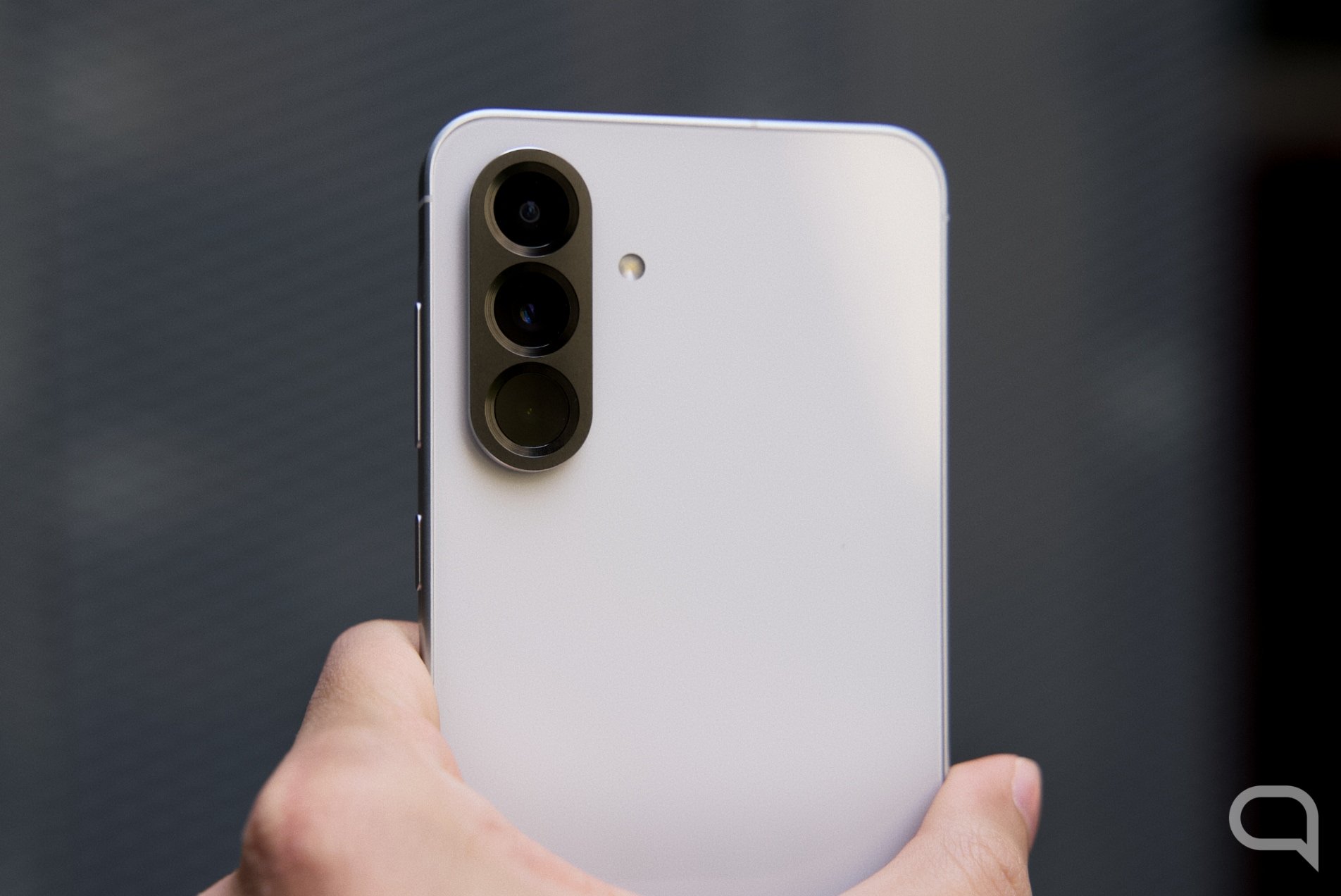Leprosy is a relatively rare disease in most parts of the world, but it remains a significant public health problem in some countries, including India, Brazil, and Indonesia. The number of leprosy cases has been decreasing in Russia in recent years, but there has been a slight increase in new cases recently.
leprosy symptoms
Symptoms of leprosy may vary depending on the type of leprosy. In general, early symptoms of leprosy are nonspecific and may include: skin lesions such as red or hypopigmented patches, numbness or tingling in the extremities, weakness, nosebleeds.
As the disease progresses, symptoms may become increasingly severe and may include: thickening of the skin on the face and extremities, nerve damage that can lead to deformities such as the clawed hand sign, bone damage that can lead to loss of movement.
Leprosy is diagnosed by a doctor. Diagnosis is made by physical examination, skin biopsy and microscopic examination of the biopsy sample.
Treatment of leprosy depends on its type. Typically, leprosy is treated with a combination of antibiotics such as dapsone, rifampicin, and clofazimine. Treatment usually takes at least six months.
There is no vaccine for leprosy, but the disease can be prevented by avoiding close contact with an infected person. People who are at high risk of contracting leprosy, such as those who live in areas where the disease is common, should be tested.
News materials cannot be equated with a doctor’s prescription. Consult an expert before making a decision.
Source: Ferra
I am a professional journalist and content creator with extensive experience writing for news websites. I currently work as an author at Gadget Onus, where I specialize in covering hot news topics. My written pieces have been published on some of the biggest media outlets around the world, including The Guardian and BBC News.










